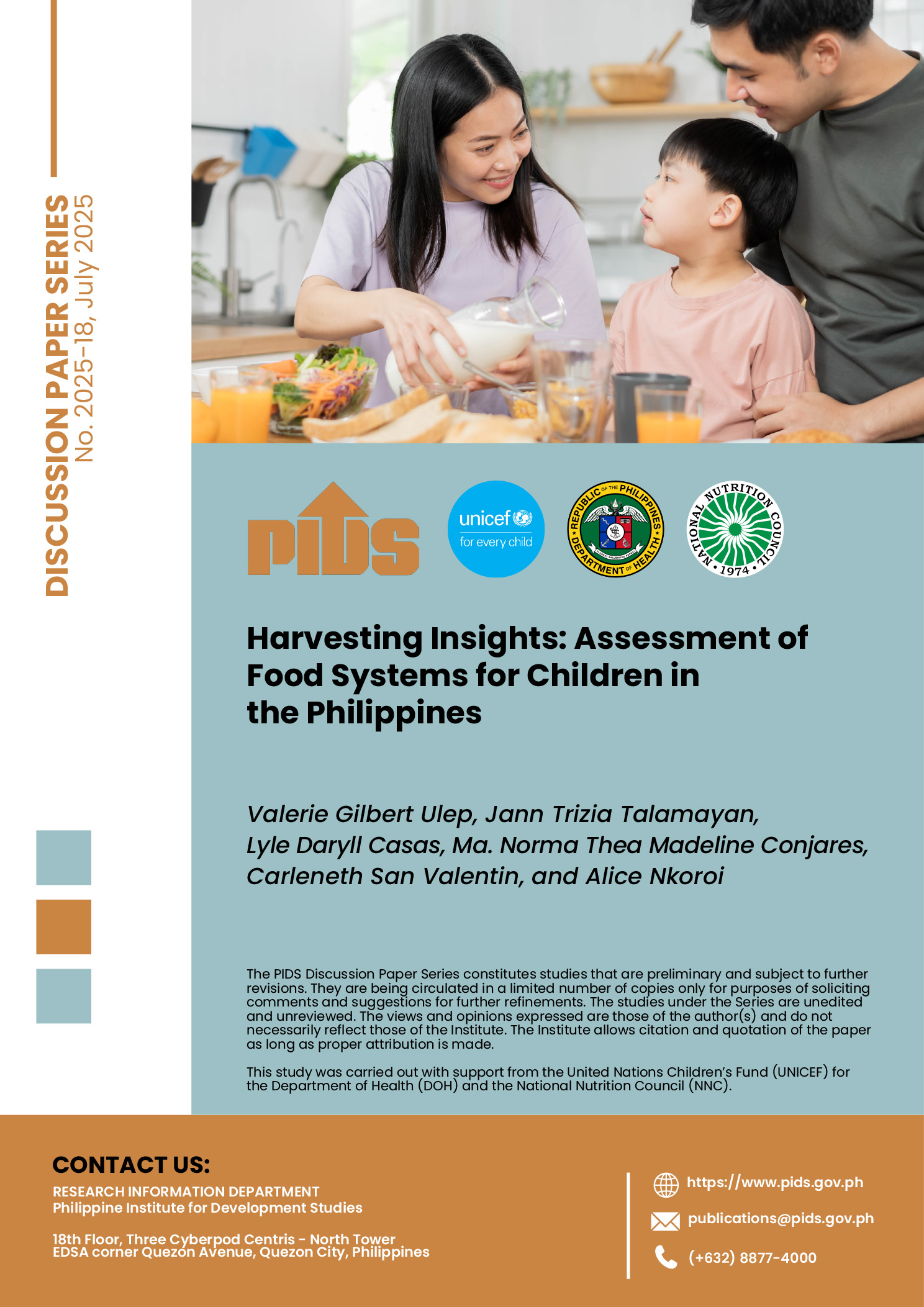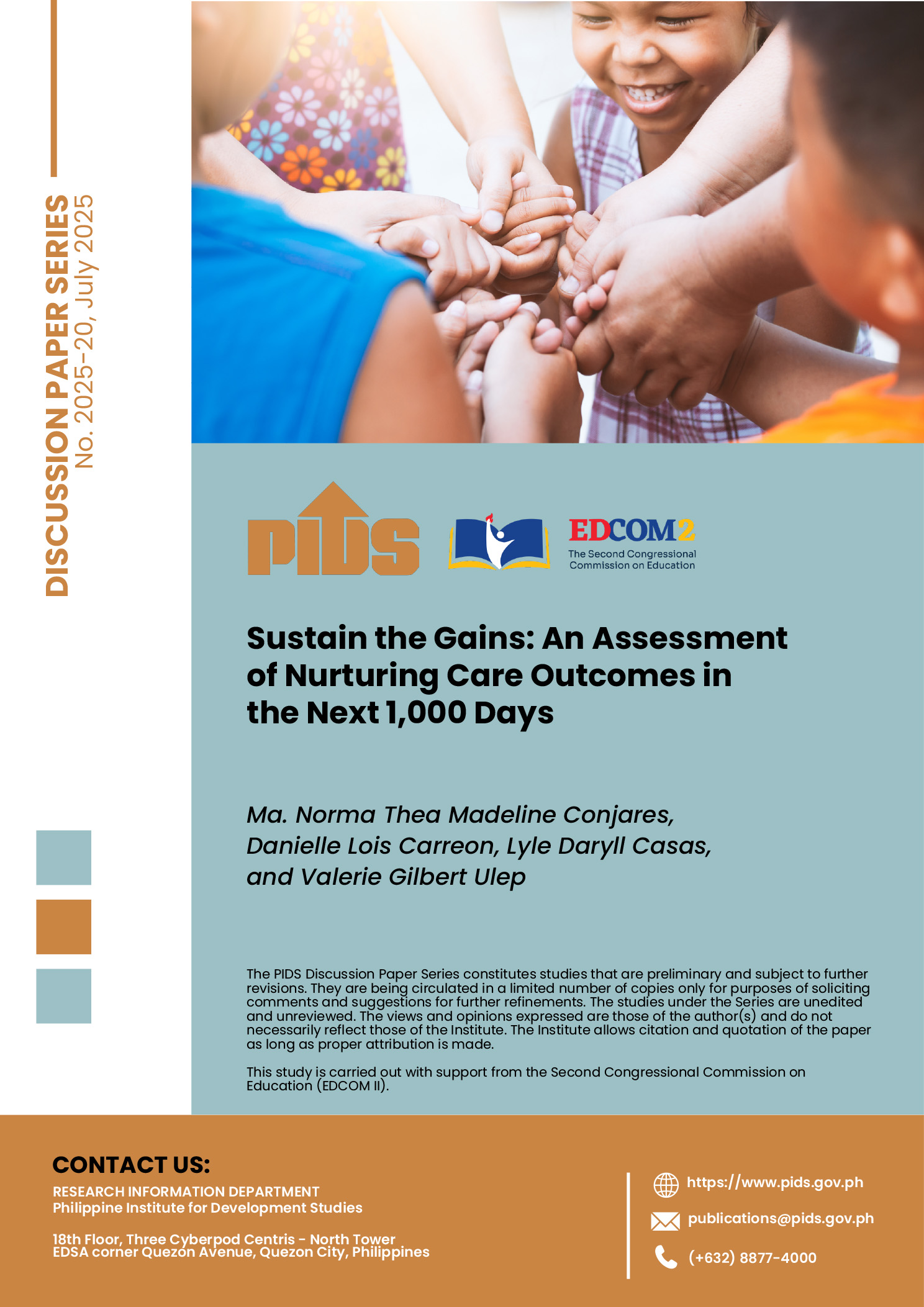The country can save as much as P294.13 million a year in health costs if poor Filipinos are given more access to contraceptives to combat HIV/AIDS, according to the Philippine Institute for Development Studies (PIDS).
In a discussion paper, titled “HIV/AIDS Knowledge and Sexual Behavior of Female Young Adults in the Philippines,” PIDS research fellow Michael Abrigo said increasing knowledge about HIV/AIDS decreases at-risk population by 1.1 percentage points.
This translates to a cost savings of P25.35 million or $0.5 million to P294.13 million or $5.8 million.
“The estimates we presented could be well undervaluing the effect of increasing HIV/AIDS knowledge, as the estimates only consider the value of condom use among females and does not include the decreased probability of cross infection with their partner,” Abrigo said.
“In addition, the estimates only represent instances where both partners agree to using condoms, and excludes females who would have used condoms, but have been vetoed by her partner,” he added.
Using data from the 2008 Philippine National Demographic and Health Survey, Abrigo found that 41 percent of poor females aged 15 to 24 years are at risk of getting infected with sexually transmitted diseases (STDs) compared to only 22 percent of females from well-off families.
Abrigo said this can be attributed to the low level of awareness about STDs among poor female young adults in the country.
Recent records of the Department of Health show that there are 9,217 listed cases of HIV/AIDS from January to October last year, while the total reported cases from January 2010 to May 2017 is at 40,388.
To prevent and minimize the spread of the disease, the author urged government to make sexuality and reproductive-health information more accessible in the Philippines, especially to the young adult population through social and mainstream media. He also proposed government support to family-planning programs under the country’s reproductive health (RH) law.
Earlier last year, the Supreme Court lifted the two-year-old temporary restraining order (TRO) that covered several contraceptive products, following the findings of Food and Drug Administration (FDA) declaring these drugs as non-abortifacient.
“The reclassifying of these contraceptives as non-abortive products by the FDA and lifting of the TRO by the Supreme Court are welcome developments in the full implementation of the RH law,” Abrigo stated.












